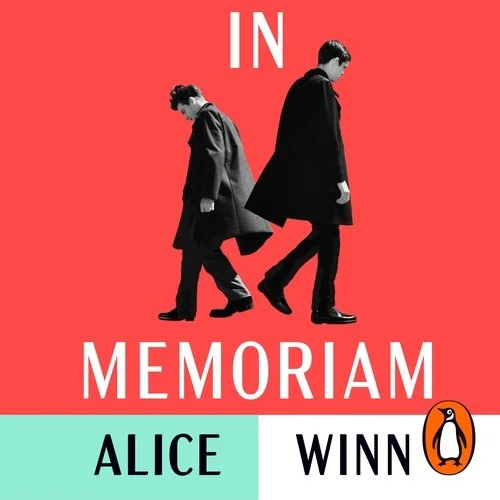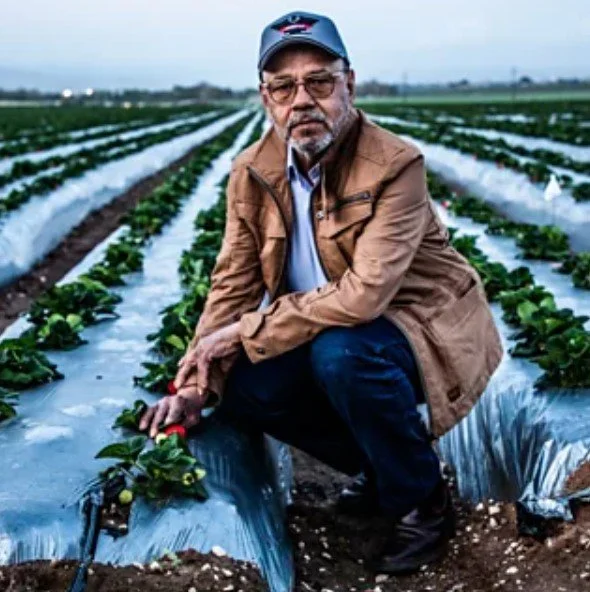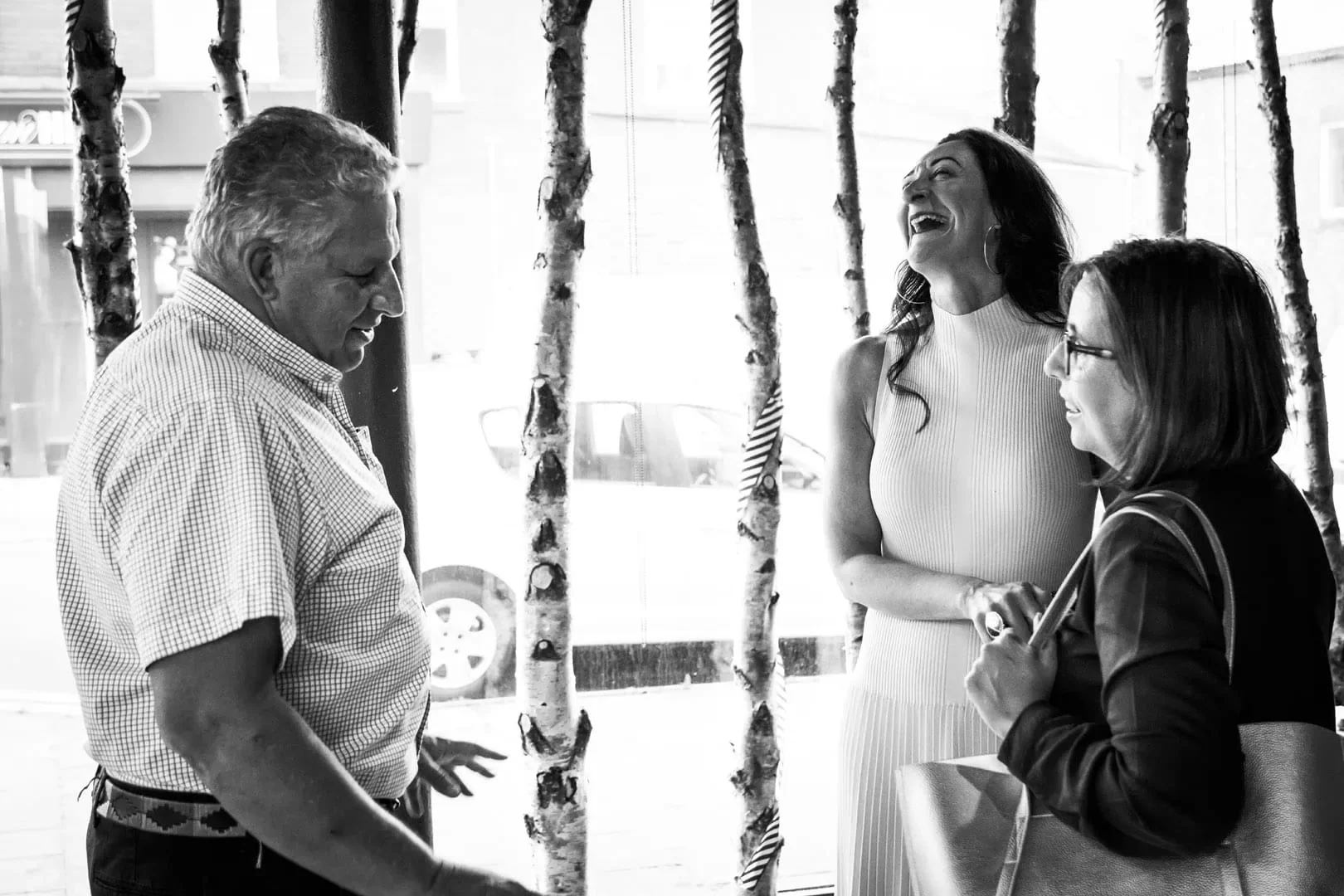Welcome to the seventh edition of the This is the North podcast newsletter.
The North Remembers - And So Do I
by Alison Dunn. Reflections after sitting down with Mark Ferguson MP discussing alienation, opportunity, and what it really means to be seen.
🎧 Listen to the episode: Mark Ferguson MP on Why Alienation Still Fuels the Fire
Photo left courtesy of Mark Ferguson MP Facebook page.
“People from Gateshead are good enough to do anything they want to do.” That’s what Mark told me his teacher said when he got into Cambridge.
I haven’t been able to stop thinking about that since we recorded the podcast — because I’ve heard a version of that line my whole life. Sometimes whispered. Sometimes shouted. Sometimes believed. Too often not.
What Happens When the System Stops Believing in You?
I grew up here.
I’ve spent my life working in and around systems that were meant to support people — but too often wore them down.
So when Mark talked about buckets in the school corridor to catch the rain, I pictured every building I’ve ever walked into that had the signs of dignity stripped out of it.
When he described the silence in the factory his dad once worked in, I thought of how many of us have watched places we were proud of, slowly weather, erode, and empty out.
Mark wasn’t just talking about his story. He was tracing the outline of something much bigger. Something I’ve seen again and again in the lives of people I work with — in my role as CEO of Citizens Advice Gateshead, through the work of the Society Matters Foundation, and in the guests who’ve sat across from me on this podcast. There’s often a common thread connecting them all: A deep, unspoken grief for what could have been.
Since our conversation, I’ve caught myself noticing how often we talk about problems as though they’re inevitable. I’m trying harder now to challenge that. To name what’s being lost. And to ask: who gains when hope gets dismissed?
The Green Book and the Cost of Invisibility
I was re-watching the film Green Book the other night, and it drew me back to our conversation.
Mark reminded me of another Green Book — the Treasury’s. Not a film. A formula. Not fiction. A framework that, for decades, determined where public money went. Not based on need — but on “growth multipliers.”
Translation.
That meant places like Gateshead, Byker, and Blyth weren’t just overlooked. They were invisible by design.
And yes, the rules are changing. But they’re changing slowly. And slow doesn’t work — because people don’t live inside spreadsheets. They live in real time, triaging between heating or eating, rent or transport, dignity or despair.
Of course London looks better on paper. But in the North, most people aren’t asking for handouts. They’re asking to be seen. To be heard. To be valued.
That’s Not Genetics. That’s Policy.
Alongside my conversation with Mark, I was forwarded the NHS North East and Cumbria Integrated Care Board’s Health and Inequalities report, summarised by the BBC here.
My friend Alice Wiseman — Gateshead’s Director of Public Health — contributed to the work.
She put the injustice plainly:
“Two babies born on the same day, in the same hospital, can expect more than 10 years’ difference in life.”
She was talking about the gap between Whickham and Felling. Similarly to the gaps we see between Gateshead and Guildford. Not different countries. Not different decades. Just different postcodes. And yet we still act surprised by the outcomes.
When we chase growth multipliers and ignore social value, we build a system that isn’t just unfair — consequences are entirely avoidable.
And we see it play out again and again. Just last week, investment was pulled from the £450 million Crown Works Studios in Sunderland — a creative hub that could’ve reshaped the region.
It would have trained young people in high-end production, brought jobs across tech, media, logistics, construction, and put the region on the map. Instead, it was cancelled before it started. Another echo of what could’ve been.
And if that feels familiar, it’s because we’ve been here before. HS2. Northern Powerhouse Rail. A string of promises shelved before they reached the North. That’s what happens when your community doesn’t meet a metric. When policy forgets people.
Under the old rules, £100 million in London? No problem. £100 million in Sunderland? Good luck.
But this isn’t just about missed opportunities. It’s about what that pattern does to people. Over time. How it chips away at belief. How it teaches communities to stop hoping. How it builds alienation — the very kind Mark warned us about.
And when we fail to elevate the lives of the left behind, is it any wonder that people cling to promises of restoration — even when they know they’ve been lied to before?
Because eventually, people stop asking if they’re being heard. They start asking why is power concentrating in some places… and crumbling in others?
That’s Not Apathy. That’s Exhaustion.
During our conversation, Mark laid bare this reality: “People don’t think politics can change their lives anymore - and that bothers me.”
It bothers me too.
Because apathy isn’t the absence of care. It’s what happens when effort goes unrewarded. When belief isn’t returned. When people start to expect the worst — because the best never came.
But here’s the thing: People haven’t stopped caring.
There’s still a desire to rebuild. A hunger to contribute. A flicker of hope — even if it’s quiet. People are still voting. Still showing up. Still pushing. I’d argue political discord today isn’t a sign of apathy. It’s a sign of people banging the red walls to be let back in.
But grit and tenacity alone isn’t enough. We need scaffolding. Foundations. Infrastructure. Delivery systems. Vision. Belief.
Because without those, even the best intentions fall flat.
I believe in Mark and what he is trying to achieve. Yet if we want people to believe in politics again, we have to start by believing in them. Because people from Gateshead are good enough to do anything. But they shouldn’t have to do everything alone.
Until next time,
Alison Dunn
Enjoyed this?
Share this with someone who says politics doesn’t matter.
Listen to Mark’s story.
Or better yet — visit Gateshead College or PROTO and see the future being built.
If you believe the North deserves more than buckets and broken promises — get involved.
Join us at our next Society Matters Foundation event:
7th October 2025
- Gateshead College, Baltic Business Centre, Quarryfield Rd, Gateshead NE8 3BE
- 09.00 – 13.00
Register by clicking here!
Listen to the full This is the North podcast:
> Spotify
> Apple Podcasts
If you enjoyed this newsletter, please like, share and subscribe. It takes less than 10 seconds and makes you part of something essential: a community of people who believe transformative conversations can become catalysts for positive change.
I'd love to hear your thoughts on what "good growth" would mean for your community – what would make economic progress feel real in your daily life?
This is The North Podcast is your source of transformative conversations. An intentional challenge to the systems holding back the North of England. Hosted by Alison Dunn, an award-winning charity chief executive and former solicitor. This podcast is supported by Society Matters Community Interest Company and is dedicated to curating and sharing knowledge, powering the change we need for a more equal and inclusive society. Subscribe to never miss an episode and join our mission to build a stronger, more equitable society for all. This podcast is produced by Purpose Made, empowering change through intentional leadership and shared knowledge.

Listening to Mark Ferguson as the new Member of Parliament for Gateshead Central and Whickham, I was reminded of my conversation with David Smith just before the general election, as he set out his stall as the Labour candidate for North Northumberland.
David was successful in his candidacy in July 2024 and has since been appointed as the UK Special Envoy for Freedom of Religion or Belief. He is also a member of the Northern Ireland Affairs Committee and Vice Chair of the All-Party Parliamentary Groups on Homelessness and North Korea – an interesting combination. Perhaps we should invite him back to find out more?
This week I’m reading…
In Memoriam, a debut novel by Alice Winn, which might just be in the running for my greatest book of all time – a spot that has been occupied by Jane Austen’s Pride and Prejudice for more than four decades.
In Memoriam totally took me by surprise. An epic tale of both the devastating tragedies of the First World War and the forbidden romance that blooms in its grip, it is a breathtaking debut – I just couldn’t put it down.
If you decide to read it, please, please drop me a line to let me know if it makes it into your top ten pile of greatest books ever.
The Nest in Heaton for #AstralMandala’s Change-maker gathering in Newcastle, hosted by the entrepreneur and beautiful soul that is Anni Hood, and the tech wizard that is Julian Ranger.
We shared a wonderful meal – if you haven’t been to The Nest, you are missing a treat – and brilliant conversation with a group of inspiring North East leaders, focusing on the wellbeing of our people and how we replenish our inner technology.
In a world where pace, intrusion, social media, and half-truths are taking over our lives, it was a very welcome moment to stop, think, and recalibrate.
Anni, Julian, and my fellow change-makers – thank you so much for a lovely evening.
To find out more, visit: Home – AstralMandala
This week I’m listening to…
A podcast called Outlook from Radio 4, entitled “Kidnapped at Four: How I Found My Way Home” - a disturbing yet equally fascinating tale about human cruelty, endurance, and hope.
Antonio Salazar-Hobson was four years old when he was kidnapped from his Mexican migrant family in Arizona. Yet somehow, decades later – and well before the age of the internet and mobile phones – he found his way home to his family.
Trigger warning – the programme contains references to child sexual abuse and suicide.






